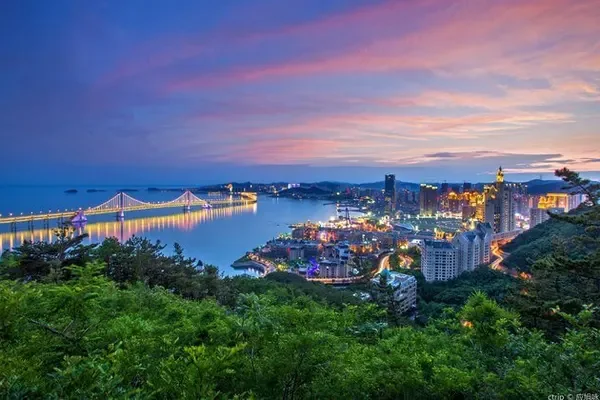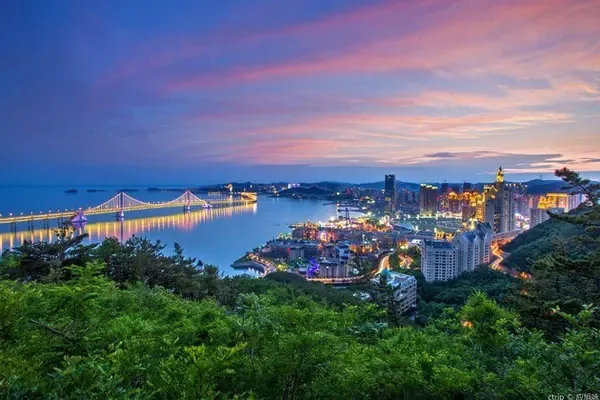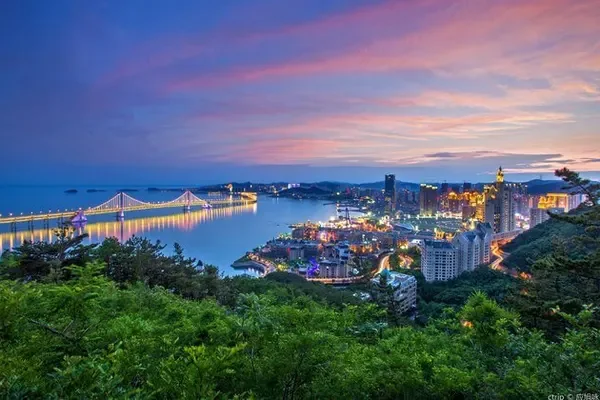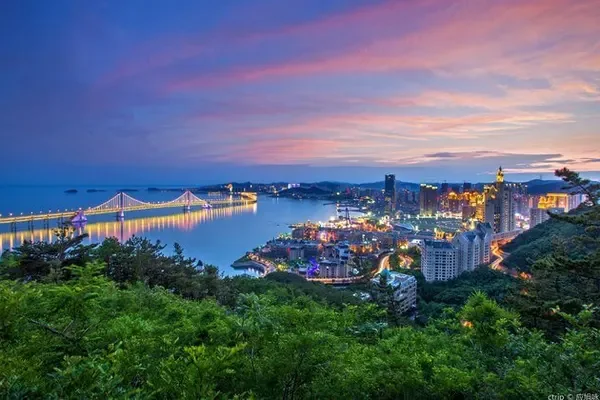Picture 1: The grapes in Turpan are ripe

Title Picture 2: Taking a photo with Gu Liya

"The Grapes in Turpan Are Ripe", this song composed by the people's musician Shi Guangnan, has been listened to countless times since it was first sung. There is a singer who has become a professional in singing this song. He sings this song as soon as he comes out, as if he can't sing other songs. After listening to Geer a lot, Turpan is deeply impressed, so I have a "firm belief" that I must go there for a visit.
On September 19, 2009, after visiting the northern and western parts of northern Xinjiang, I returned to Urumqi. On September 20, I left Urumqi again and traveled 250 kilometers to the southeast. I went to Turpan for a "one-day tour" and watched along the way Visited Dabancheng Wind Power Station, Salt Lake, Jiaohe Ancient City, Karez Well, Uygur Ancient Village, Grape Valley and Flame Mountain. Are you full of day trips?
Grape Valley is the largest valley in the Flame Mountain Valley. The Buyiruk River flows through the valley, and the main water source is snowmelt in the mountains. This river has made the grape valley and raised the Uyghur people here. On both sides of the grape valley stream, there are grape trellises all over the place, and the vines are layered on top of each other, green and lush, surrounded by dense poplar forests, dotted with flowers, plants and fruit trees. Grape Valley is named for its rich grapes, it is like a green ribbon, flowing in the center of the valley basin.
Tourist attractions in the Xinjiang Uygur Autonomous Region that are open to the outside world do not implement the mainland's preferential policy of half-price for seniors over 60 years old, and only seniors over 70 years old are exempt. It is conceivable that a few local people over the age of 70 come here, and a few people over the age of 70 from the mainland travel far and wide to come here. To put it bluntly, few people can enjoy the land policy here.
In the Grape Valley, enter the home of Uyghur Amati, sit under the grape trellis to watch the grapes calmly, taste the grapes slowly, and watch the performance of the old man Amati and his daughter Gu Liya at the same time - a rare enjoyment! Of course, the last "show" is to buy the raisins they "resell". 20 yuan a kilogram in the supermarket, here, you need to pay double (or more) the price. This is not surprising either! Because, their watermelons are not free, grapes are not free, and singing and dancing are not free. The Uyghur sky will not drop free "Nan"!
Just travel and be happy! Having fun is everything! For a little money, or brooding, or complaining, or..., is it worth it?
Remember: when the grapes in Turpan are not ripe, please don't go there for the time being!
By the way, keep in mind: Don’t go to Kanas or Hemu if it’s not golden autumn!
Look up and see the grapes! -- I have never seen so many grapes in my life!
Pomegranates are red in Xinjiang, making foxes and tourists covet
Please eat watermelon! Amuti said, "Men should sit down first!", and then "Men should eat first!"
As soon as Amuti finished speaking, the Shanghai ladies among the tourists were in an uproar - they had never been treated like this before!
Amuti's daughter starts to dance, her neck is good at turning, and the Han people can't!
Amati is on the stage! Father and Daughter Dance in Xinjiang
Tourists are invited to play.
He started to sell the raisins at home, and the tour guide hiding aside was snickering, waiting to get a kickback. The tour guide did his best to be sensational!
Taking a photo with Gu Liya under the grape trellis, Gu Liya asked me to put my hand on my chest, forgetting to ask: why?
The morning glory is blooming, and the pomegranate is ripe! Horse milk grapes!
Comrade Peng Zhen, came here in 1988! The words "grape ditch" were left behind.
There are 400 hectares of grape fields in Xinjiang Grape Valley, mainly planting dozens of grape varieties such as the famous seedless white grape, horse milk, Kashihar, black grape, Bijiagan, Haloxylon grape, and purple grape.
I don't know why the Wang Luobin Music Art Museum was built here. In 1957, Wang Luobin adapted three Uighur folk songs "Heiliqihan", "The Song of the Toksun Carriageman" and "Clouds in the Sky" in Turpan. These three songs are not well-known and not very popular. The scale of the art museum is much smaller than that of Qinghai Jinyintan Wang Luobin Music Art Museum, but the scenery there is still good.




















































